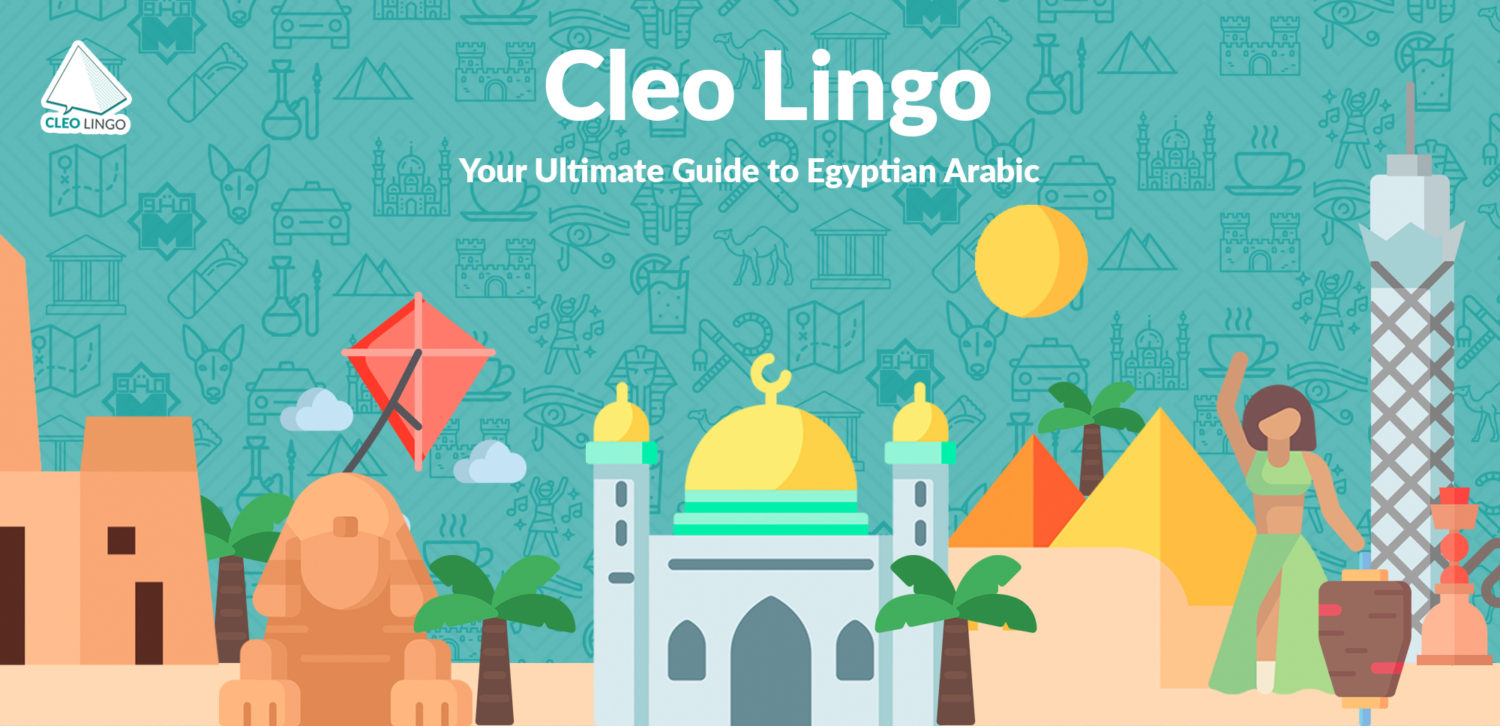Today we are back with Egyptian Arabic conversation 5.
In each Conversations post, we will provide you with:
- a screenshot from an actual conversation between two Egyptians
- the translation of each line of text, including English, Franco and Arabic script
- context on the conversation and further explanation
We think learning Egyptian Arabic from actual, authentic conversations between Egyptians is both fun and effective. We hope you like it too!
Let’s get started with Egyptian Arabic Conversation 5: McDonalds.
Egyptian Arabic Conversation 5: McDonalds

Before diving into Conversation 5, check out our post on ordering at McDonalds in Egyptian Arabic.
Egyptian Arabic Conversation 5: Translation
T: Ok, let’s do McDonalds on Friday or what? : mesh yalla mcdonalds yom elgom3a wala eh?
مش يلا ماكدونالز يوم الجمعة ولا ايه؟
D: Let’s go / let’s do it. : yalla benaa.
.يلا بينا
T: I’m ready from now :D. : ana gahez mn dlwa2ti 😀
.انا جاهز من دلوقتي
D: Do you want to have breakfast or between the two matches? : t7b bftar wala ben elmatchen?
تحب بفطار ولا بين الماتشين؟
T: After the match so we can play. : ba3d elmatch 3lshan ne3raf nel3ab.
.بعد الماتش علشان نعرف نلعب
Egyptian Arabic Conversation 5: Important Vocabulary
Friday. : elgom3a.
.الجمعة
Let’s go. : yalla bena.
.يلا بينا
This phrase basically means “let’s go / let’s do it.” Yalla (يلا) means “let’s go” and bena (بينا) is more for emphasis.
Iftar (breakfast). : fetar.
.فطار
We cover the importance of this word in our post on Ramadan in Egypt.
It’s the first meal of the day (breakfast), which during Ramadan happens to be when the sun sets.
Or what? : Wala eh?
ولا ايه؟
This is a super common and useful phrase.
Ready. : gahez.
.جاهز
Remember, because there is no ة at the end of the word “ready”, this implies that the person saying “I’m ready” is male.
A female would say ana gaheza (انا جاهز).
Now. : Delwa2ty.
.دلوقتي
Context + Further Explanation
T started the conversation on WhatsApp asking his friend D if he is willing to join him for a meal at McDonald’s on Friday.
It’s very common to start suggestions in a form of a negative question like this: “Mesh yalla…. wala eh?” For more ways to use the word mish, check out our post on the word mish in Egyptian Arabic.
D responds with a typical Egyptian answer: “Yalla benaa.” This basically means “lets do it.” Whether or not they actually go at the end or not…well, it’s quite common in Egyptian culture to make plans for something you actually don’t plan on doing. Regardless, “let’s go” is usually the response you will get from Egyptians.
T jokes about the fact that he is so excited for this, that he is ready from now: “Ana gahez mn dlwa2ti.”
D asked T if he wants to get breakfast there (using the verb for “to breakfast”) or rather eat between the matches. This implies that there is a sport that they both play together on Fridays. He laughs at the end of the sentence because everyone knows how terrible of an idea it is to eat something like McDonald’s between games.
Note: the English word “match” is used quite often in Egyptian Arabic, but typically with the Arabic grammar. This means that if you are talking about two matches they will be “matcheen / ماتشين” and numerous matches will be “matchat / ماتشات.”
T responded that he prefers to eat after the games so they can actually play. Here, ne3raf nel3ab (نعرف نلعب) literally means “we know how to play,” but it’s often used in Egyptian Arabic to describe ability to do something.
Probably the whole conversation stopped there without further planning, which is also a very typical situation when it comes to planning food outings in Egypt!
…
Happy learning,
Cleo Lingo

